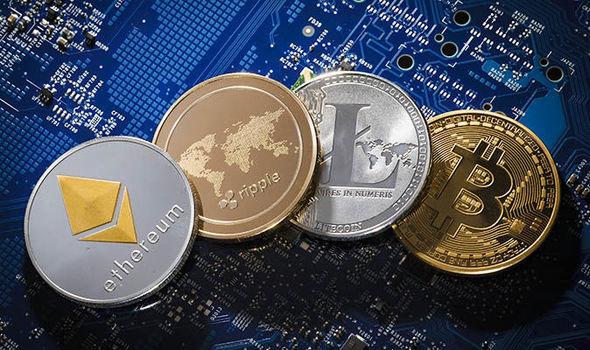UNAIR NEWS – A problem arises, cryptocurrency does not comply with sharia principles. Even in Egypt, the government banned the full use of this cryptocurrency. The development of Cryptocurrency is too fast and we have to know exactly how central banks will respond to this Cryptocurrency.
Can the risks be minimized, so they can comply with sharia principles and be used in transactions?
Development of digital economy brings growth to the economy as well as the lifestyle of Indonesian people. Islamic economics and finance have many opportunities that can be utilized to drive growth in the digital era. Cryptocurrency is part of the development of digital technology with high volatility and potential instability.
“Cryptocurrency has four characteristics potentially posing risks, Regulation, Peer to Peer, Pseudonymity, No Control Authority,” said Jardine A. Husman, as Assistant Direstor of Islamic Economics Department, Bank Indonesia.
He explained, in an economic perspective Cryptocurrency does not meet three functions of money. The volatility limits cryptocurrency, scale and networks that receive cryptocurrency is limited, limiting the use of Cryptocurrency as a medium of exchange, so far there is very little evidence that it is used as a unit of account.
Cryptocurrency brings high risk in the payment system, convertibility risk. There is no guarantee exchanged for fiat money, there is no protection from investor. Financial system stability, the risk of high volatility price because its value is determined in future supply and demand (speculative). Illegal activities, pseudonymity of mechanism makes the transaction agent cannot be identified. Consumer protection, there is no clear management so it is difficult to ask for accountability if a problem occurs.
“Bank Indonesia’s policy and stance response warns the process of buying / selling or trading in Cryptocurrency (investment) because of the risk of money laundering. Cryptocurrency is not recognized as a means of payment in Indonesia in accordance with the Currency Law, “he told UNAIR NEWS via Whatsapp , on Thursday, October 19.
He said the response to Cryptocurrency was varied cryptocurrency regulation in various countries. It is banned because it is susceptible to be used for crime and manipulation and brings risks to the stability of the financial system ( bubble & fluctuating). It is strictly regulated, especially in countries where the public’s understanding of technology and investment is good, using technology for national interest and not yet have a clear stance.
“As in the Philippines, BSP aims to regulate the use of Cryptocurrency in financial services, especially payments and remittances that are considered to have a material impact on APU & PPT, consumer protection, and financial stability. So that Exchange must have a Certificate of Registration (COR), risk management related to technology, internet control, and periodic reporting. With authority of Bangko Sentral Ng Pilipinas (BAP), “he said.
Author: Rolista Dwi Oktavia
Editor: Nuri Hermawan





